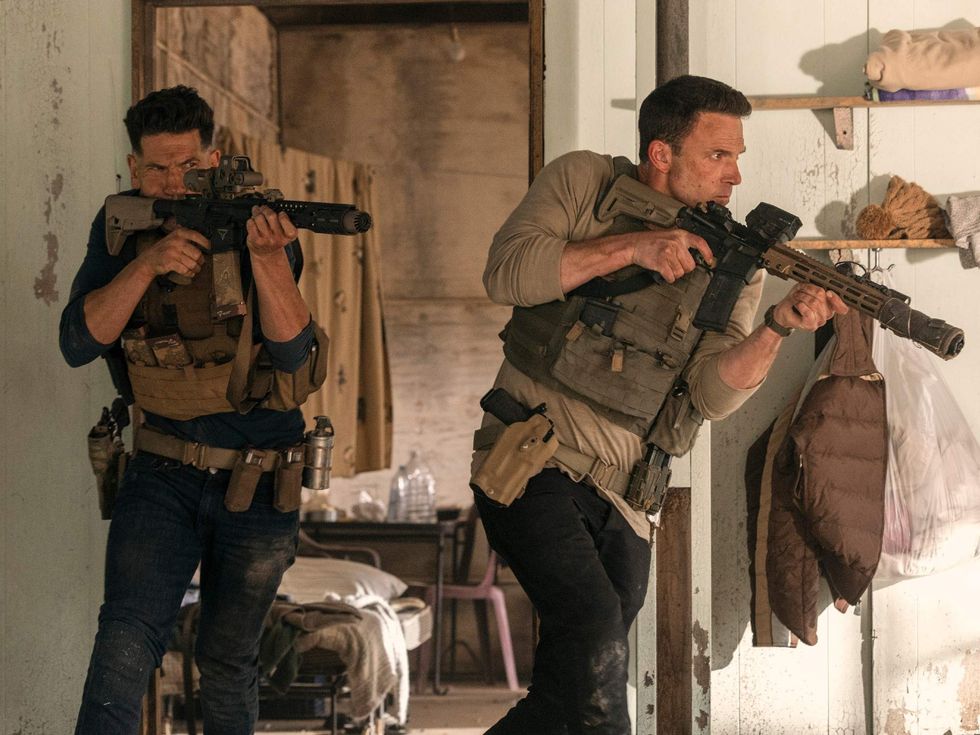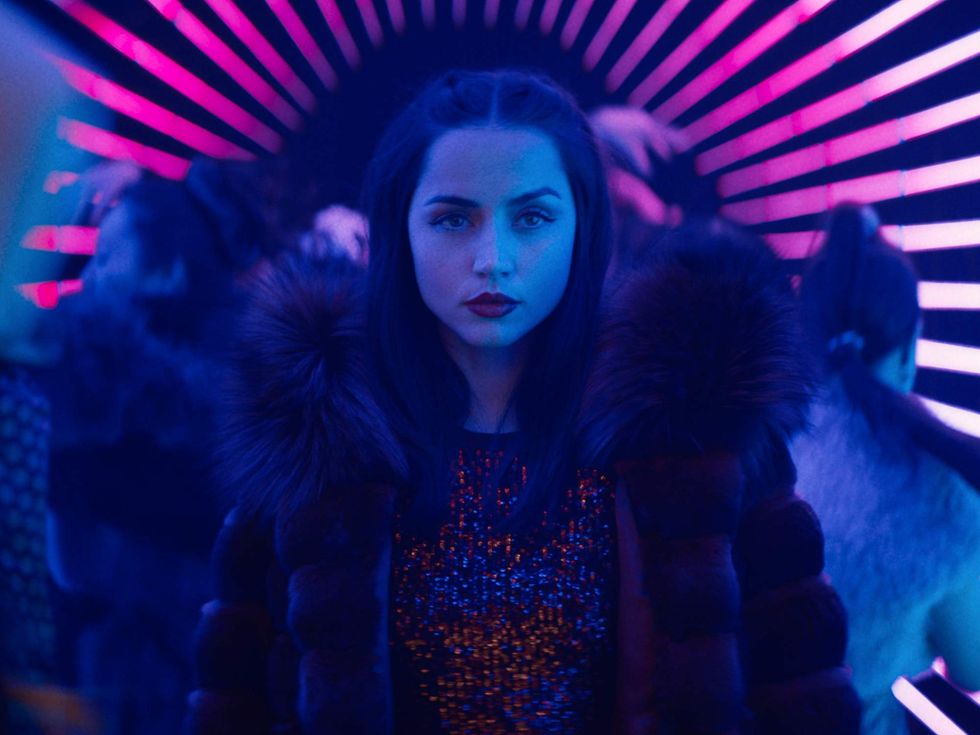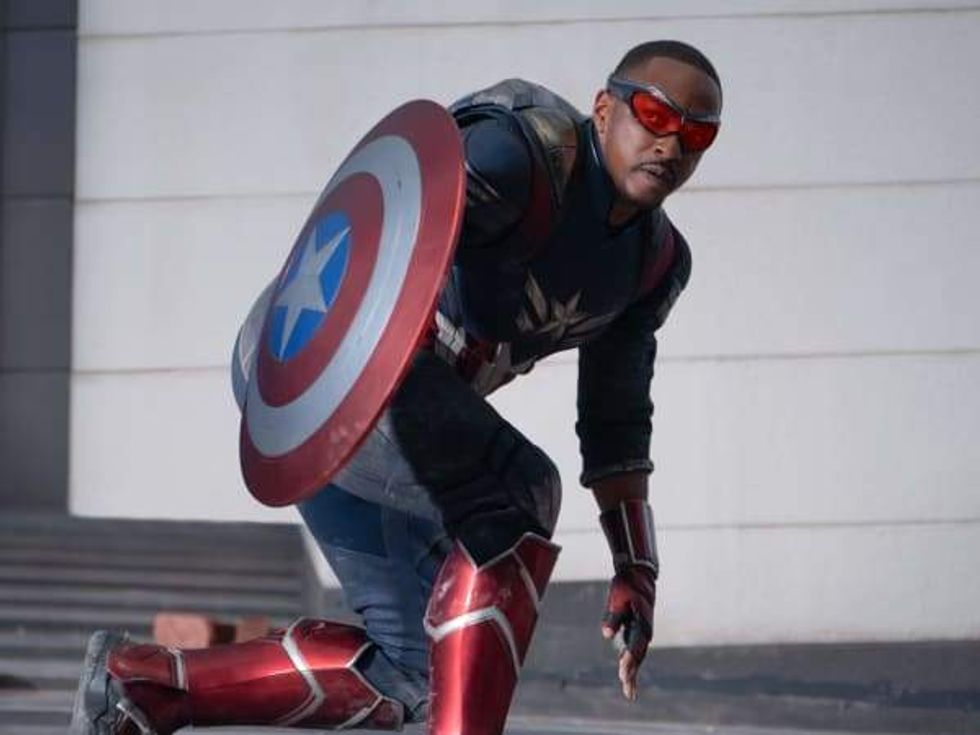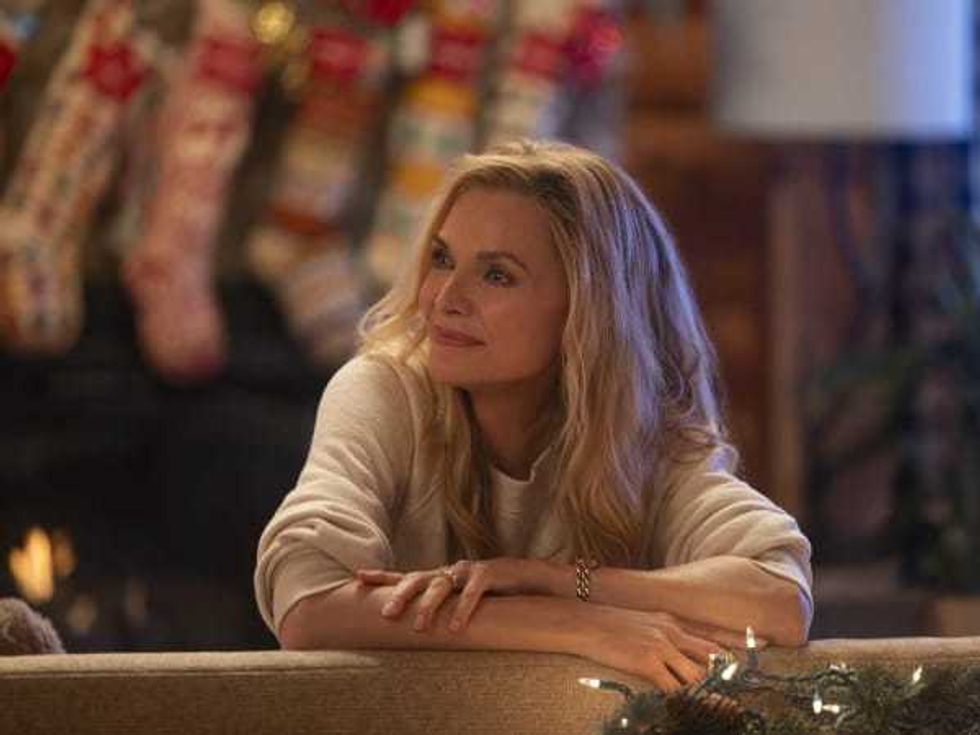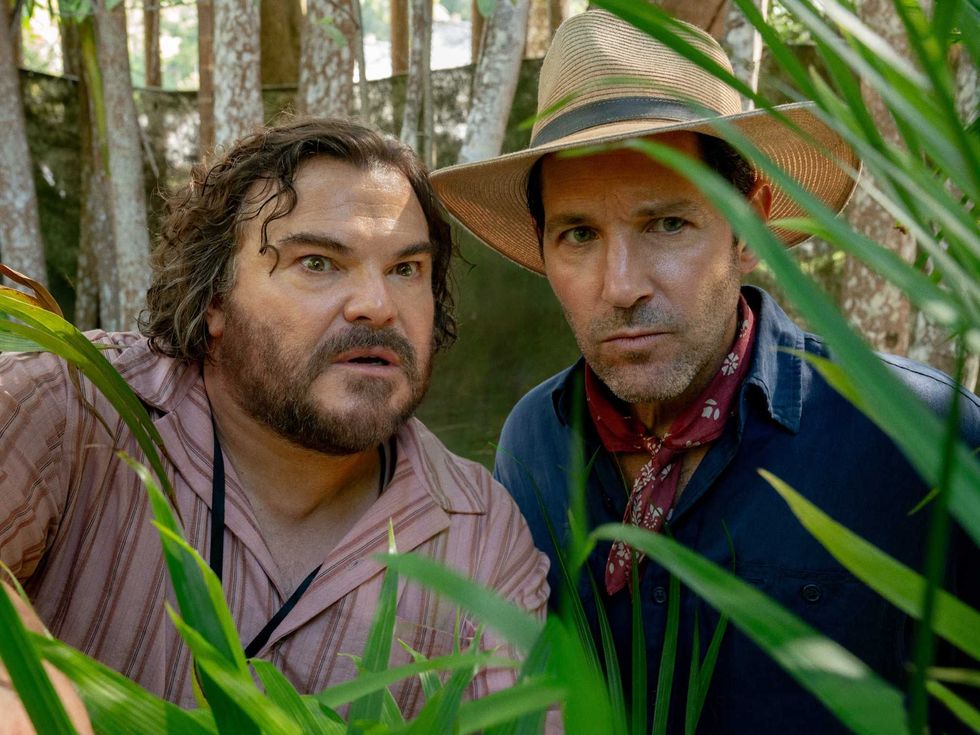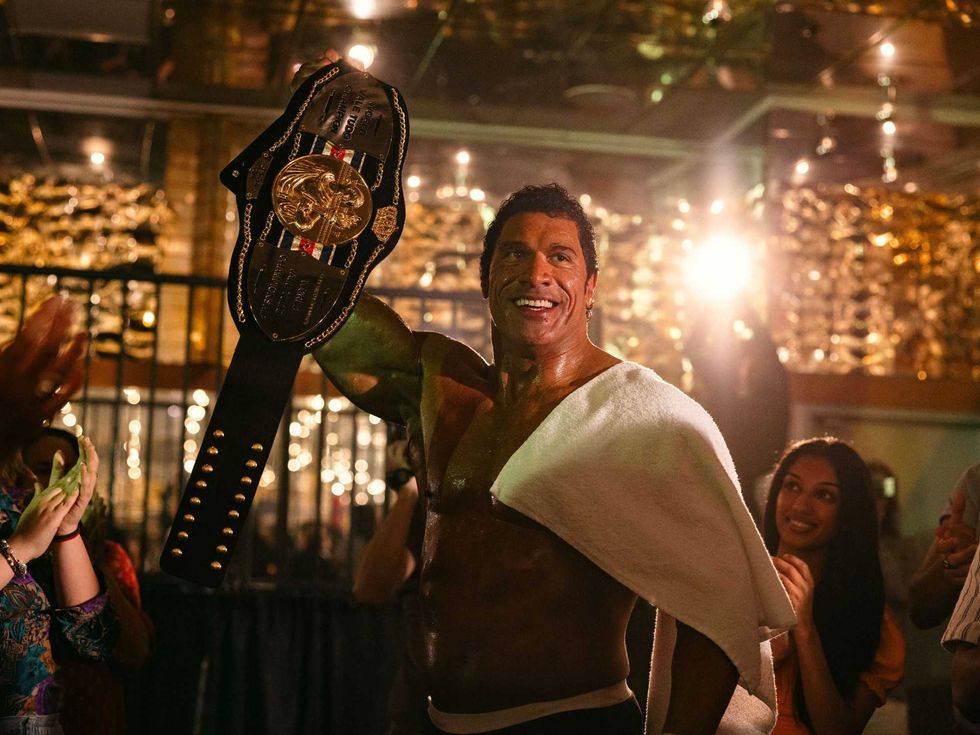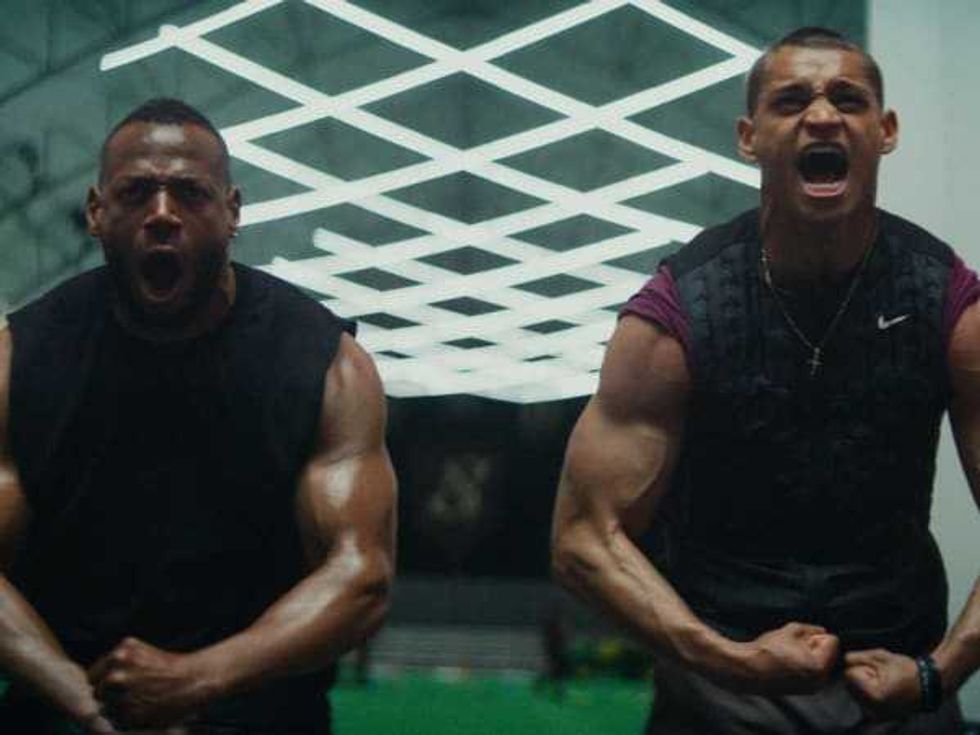Five Questions
Duncan Copp reaches for the stars — and The Planets
 Duncan Copp
Duncan Copp Image of Jupiter
Image of Jupiter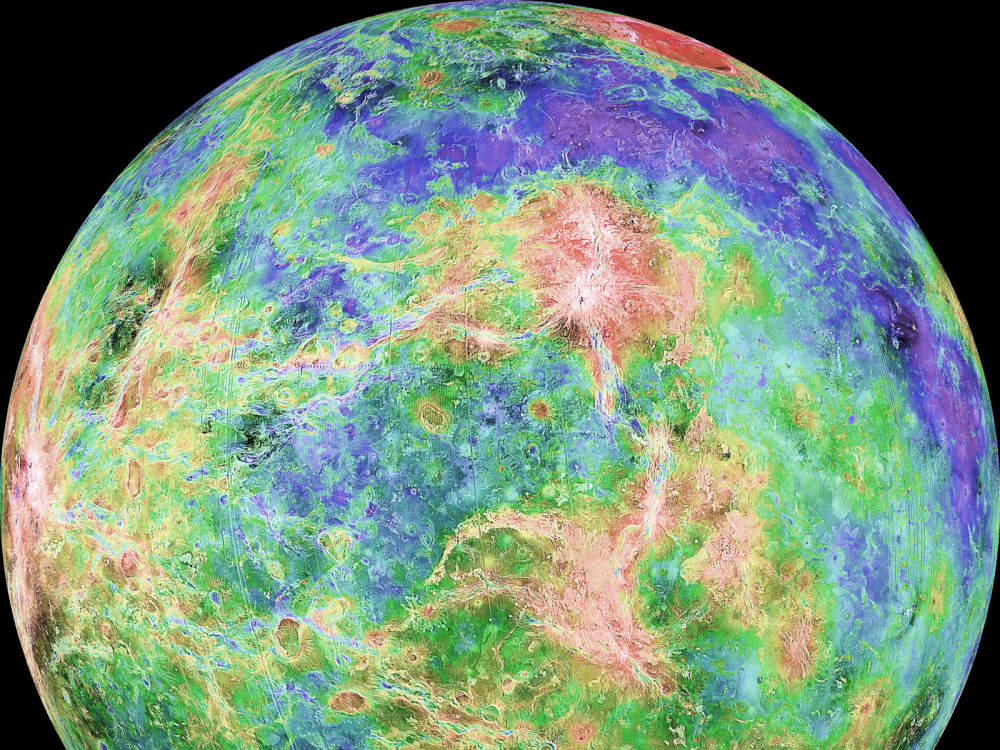 Venus
Venus
On April 12, 1981, 11-year-old Duncan Copp watched the first-ever space shuttle launch on a tiny black-and-white television with his classmates, because that's all his school in southwest England would afford. The scratchy images on the TV were so thrilling that he still recalls them clearly now, nearly 19 years later. "I utterly remember watching and thinking it was such a cool thing," Copp says.
He's been fascinated by space ever since.
Copp went on to obtain a doctorate in astronomy, become a space researcher and produce and direct an award-winning documentary, In the Shadow of the Moon, that traces the lives of the Apollo astronauts. Now he has joined forces with the Houston Symphony, choosing hundreds of high-definition planetary images from NASA and the Jet Propulsion Laboratory to accompany a live performance of Gustav Holst's The Planets. It will have its world premiere tonight at Jones Hall, and after weekend performances, the symphony will perform the work, called The Planets — an HD Odyssey, at Carnegie Hall next week.
Q: What has the project been like?
A: It's a joy. With this project you would think it would be relatively straightforward to pick out the photographs to go with the music. But as we went along, we realized it just got bigger and bigger. It wasn't the marrying of the music and the images; it was the technical aspects of using these massive high-definition pictures for the first time. That really pushed the envelope of our editing techniques. Some of the images are so large that the software couldn't open them.
Q: How many images did you deal with?
A: I wouldn't be surprised if we looked at 1,000 for less than 100 (used in the performance). For Mars alone, we ran into the thousands. It wasn't so much looking at the images as figuring how they work in the context of what we're trying to do. You want (the photos) to be ethereal. You want them to be mysterious, so it's not really obvious what you're looking at. You're teasing people from a visual perception. That's a lot of fun.
Q: You seem really excited about this project.
A: We're all excited. What you see are vistas that some of the greatest artists wouldn't have thought about painting. There are lots of worlds out there. And there's so much more to come.
Q: Are you worried that the space program will be curtailed?
A: Yes, but I hope we don't give up on human exploration of space, because it has a lot of benefits. You should never give up on exploration, because the sum is greater than the individual parts. It's expensive in terms of money and lives, but some of the most difficult achievements are those that give the most payoff in understanding who we are.
Q: Would you like to travel in space?
A: In the next five years, Virgin Galactic will be gearing up for space tours, a sub-orbital hop, akin to what Alan Shepard did (in 1961). I think there will be a big market for it, but I think it will probably be a little too expensive for me.



